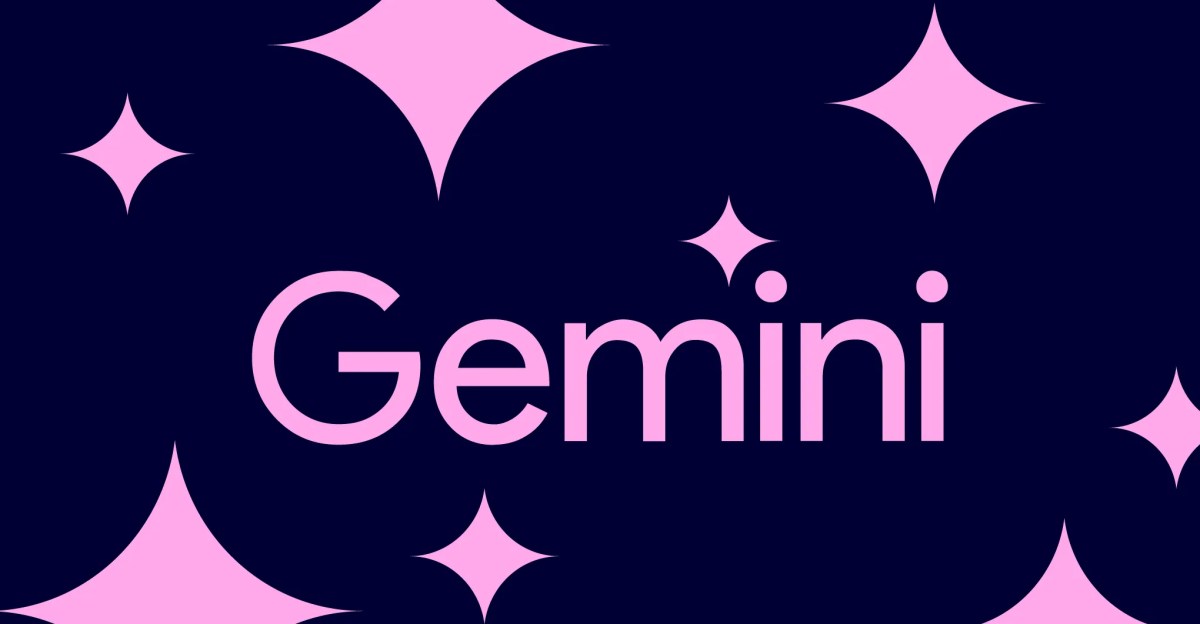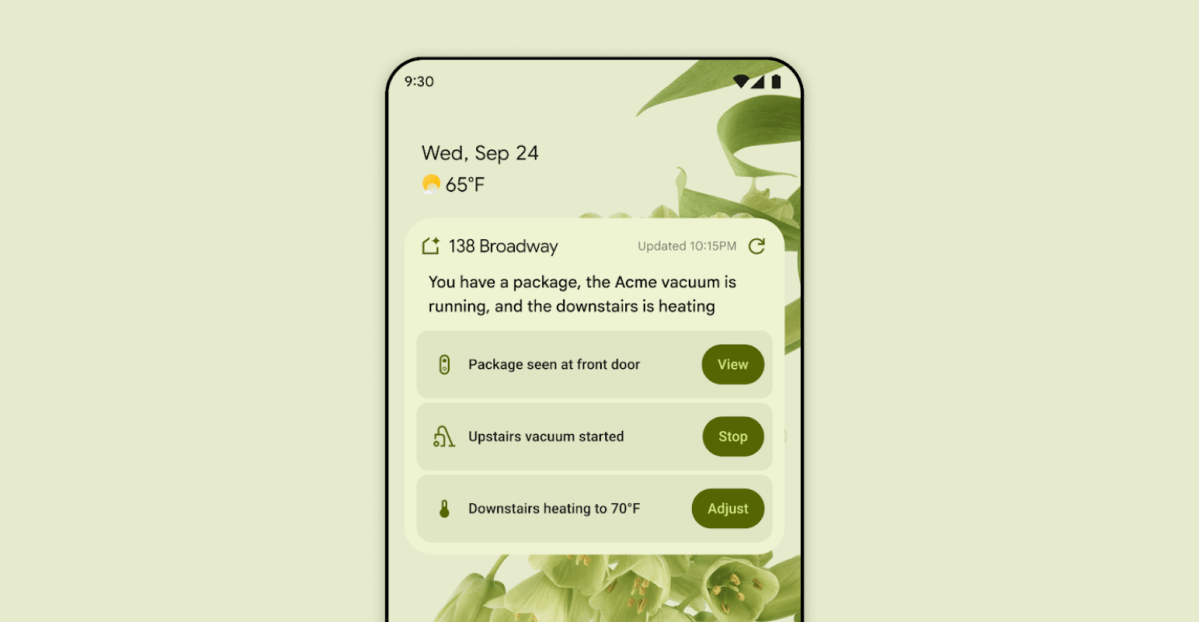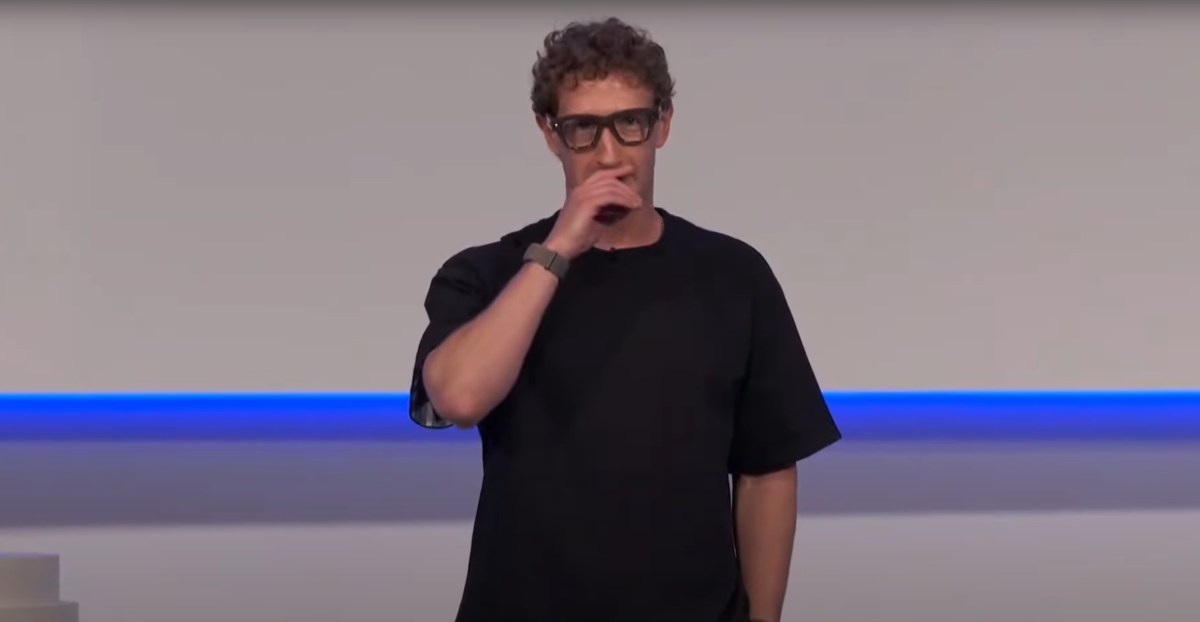
Google's Gemini AI Adds Automatic Memory for Personalization with Controls
Sources: https://www.theverge.com/news/758624/google-gemini-ai-automatic-memory-privacy-update, theverge.com
TL;DR
- Gemini will automatically recall key details and preferences from past conversations when the feature is enabled. The Verge
- It is on by default, with an option to turn it off in the Gemini app under Personal Context > Your past chats with Gemini. The Verge
- Privacy settings are being renamed: Gemini Apps Activity will become Keep Activity; Keep Activity uses a sample of file and photo uploads to improve Google services starting Sept 2. The Verge
- Temporary chats exist: they won’t appear in recent chats or Keep Activity, will not be used to personalize future conversations or train models, and are saved for 72 hours. The Verge
- The rollout covers Gemini 2.5 Pro in select countries today, with broader rollout to Gemini 2.5 Flash and other locations later. The Verge
Context and background
Google has been exploring memory features to make Gemini a more personal AI assistant. Previously, Google introduced a feature that allowed users to ask Gemini to remember personal preferences and interests. The new update moves memory from a prompted action to automatic recall, tying memory to the ongoing user experience rather than a one-off request. The Verge notes that memory in AI chat systems has drawn attention from outside observers, including a New York Times discussion about cross-chat memory in ChatGPT and its potential safety concerns. Google says safeguards are continually evolving, and the company emphasizes that users should be able to control their experience. This context sits alongside broader industry conversations about how memory features affect the reliability of AI conversations and the importance of safety guardrails in personal assistants. Google’s spokesperson emphasized ongoing efforts to improve safeguards while pursuing a more capable personal AI assistant. For users, this means a repeatable, memory-informed experience that can be tuned to privacy preferences. According to The Verge, Google is incorporating memory with a focus on user control, offering a straightforward path to disable the feature if desired. The Verge also cites safety considerations raised by other players in the field, including cross-chat memory, and notes that industry players are weighing how memory features influence user trust and model behavior. The Verge
What’s new
- Automatic recall of past conversations without needing to prompt, enabling more personalized outputs as you continue to chat with Gemini. The Verge
- Default-on memory with user controls to turn it off in the Gemini app under Personal Context > Your past chats with Gemini. The Verge
- Privacy settings rename: Gemini Apps Activity becomes Keep Activity; Keep Activity will use a sample of your file and photo uploads to improve Google services starting on September 2. The Verge
- Introduction of temporary chats: these chats do not appear in recent chats, are not used to personalize future conversations, nor to train models; they are stored for 72 hours. The Verge
- Rollout plan: Gemini 2.5 Pro access in select countries begins today, with subsequent expansion to Gemini 2.5 Flash and other regions. The Verge
Why it matters (impact for developers/enterprises)
Automatic memory turns Gemini into a more proactive personal assistant, enabling tailored suggestions based on prior interactions. For developers and enterprises building on Gemini, this means new considerations around data handling, consent, and privacy controls. The default-on memory option, coupled with straightforward opt-out controls, provides a model of user-centric configurability, but it also increases the need for transparent governance around what gets remembered, how it is used, and how long it is retained. The introduction of temporary chats adds a buffer for private inquiries, helping users avoid cross-referencing sensitive topics in future sessions. Google’s framing of safeguards and the rename of privacy settings to Keep Activity underscore an evolving approach to data minimization and user control. The Verge From an enterprise perspective, the ability to tailor outputs using remembered context could improve efficiency in customer support, content ideation, and workflow automation, provided organizations implement clear policies around consent, data retention, and employee supervision. The updates also reflect ongoing industry discussions about cross-chat memory, privacy risk, and the balance between personalization and user trust, which are critical for organizations integrating AI copilots into business processes. The Verge
Technical details or Implementation
| Aspect | Details |
|---|---|
| Memory recall behavior | Automatically recalls past conversations and key details when memory is enabled; no prompt needed. |
| Default setting | On by default; can be disabled under Personal Context > Your past chats with Gemini in the Gemini app. |
| Keep Activity rename | Gemini Apps Activity is renamed to Keep Activity; Keep Activity uses a sample of file and photo uploads to improve Google services starting Sept 2. |
| Temporary chats | Not shown in recent chats; not used to personalize future chats or train models; retained for 72 hours. |
| Availability | Rollout begins today for Gemini 2.5 Pro in select countries; broader rollout to Gemini 2.5 Flash and additional locations planned. |
Key takeaways
- Automatic memory enhances personalization by recalling past interactions without prompts.
- Users retain control via easy opt-out settings; memory is enabled by default.
- Privacy shifts include renaming Keep Activity and introducing 72-hour temporary chats.
- The rollout is staged, starting with Gemini 2.5 Pro in select regions, then expanding. The Verge
FAQ
-
What data is remembered by Gemini's automatic memory?
It recalls key details and preferences from past conversations when the feature is enabled. [The Verge](https://www.theverge.com/news/758624/google-gemini-ai-automatic-memory-privacy-update)
-
Is memory always on for all users?
No. The feature is on by default but can be turned off in the Gemini app under Personal Context > Your past chats with Gemini. [The Verge](https://www.theverge.com/news/758624/google-gemini-ai-automatic-memory-privacy-update)
-
-
References
More news
First look at the Google Home app powered by Gemini
The Verge reports Google is updating the Google Home app to bring Gemini features, including an Ask Home search bar, a redesigned UI, and Gemini-driven controls for the home.
Meta’s failed Live AI smart glasses demos had nothing to do with Wi‑Fi, CTO explains
Meta’s live demos of Ray-Ban smart glasses with Live AI faced embarrassing failures. CTO Andrew Bosworth explains the causes, including self-inflicted traffic and a rare video-call bug, and notes the bug is fixed.
OpenAI reportedly developing smart speaker, glasses, voice recorder, and pin with Jony Ive
OpenAI is reportedly exploring a family of AI devices with Apple's former design chief Jony Ive, including a screen-free smart speaker, smart glasses, a voice recorder, and a wearable pin, with release targeted for late 2026 or early 2027. The Information cites sources with direct knowledge.
Shadow Leak shows how ChatGPT agents can exfiltrate Gmail data via prompt injection
Security researchers demonstrated a prompt-injection attack called Shadow Leak that leveraged ChatGPT’s Deep Research to covertly extract data from a Gmail inbox. OpenAI patched the flaw; the case highlights risks of agentic AI.
How chatbots and their makers are enabling AI psychosis
Explores AI psychosis, teen safety, and legal concerns as chatbots proliferate, based on Kashmir Hill's reporting for The Verge.
Google expands Gemini in Chrome with cross-platform rollout and no membership fee
Gemini AI in Chrome gains access to tabs, history, and Google properties, rolling out to Mac and Windows in the US without a fee, and enabling task automation and Workspace integrations.





